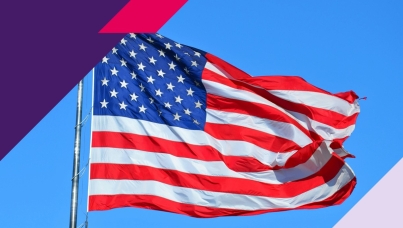Where Americans are on mental health
Typically, in these week in reviews, we talk about some of the most immediate and visible crises in the news cycle. Extreme weather, political scandals, or sky-high inflation all come to mind. But this week, we took a closer look at a crisis that’s a tad harder to see: mental health.
New global polling indicates that, on average across 31 countries, mental health has overtaken COVID-19 as the most pressing health issue. And with World Mental Health Day coming up next week, it’s worth asking where the Americans stand when it comes to mental health.
Below are five charts on the state of mental health and the mental health care system in the U.S.
- COVID-19 overtaken. Concern with mental health is hitting new highs globally and in the U.S. This is in part due to declines with concern about COVID-19 – but these trends have dominated our collective “new normal.” This is an issue a vaccine can’t fix.
- U.S. mental health care is a mixed bag. Among those familiar with the mental health care system, only half have a favorable view of the mental health care system, according to a recent National Alliance on Mental Illness/Ipsos poll. This sits below Americans’ view of the health care system in general, and far below local law enforcement.
- Increased funding. Mental health funding by the NIH is set to just about double from 2013 to 2023. But more funding doesn’t necessarily mean better results. Americans don’t have a favorable view of the mental health care system. Can this increased funding lead to better results? We will see.
- Who is most affected? The impact of mental health isn’t equal. Data from last year's World Mental Health Day indicates that younger Americans, lower-income Americans, and women are more likely to have reported experiences with stress and depression.
- Solutions? Mental health is a complicated problem with no singular solution. But what about the remedies we agree on? Crisis call centers, mental health crisis insurance coverage, and social media regulations for minors are supported by almost all Americans. Monthly fees to fund crisis centers, on the other hand, are not so popular.
World Mental Health Day is set to be more relevant than ever this year. The country has gone through years of tumult with no promise of this age of uncertainty stopping or slowing down. The country’s mental health is inextricably linked to this.
There are some solutions that most Americans seem to agree on, something that seems like a rarity these days. Will increasing federal mental health funding and a renewed focus on mental health make things better? We will see.



